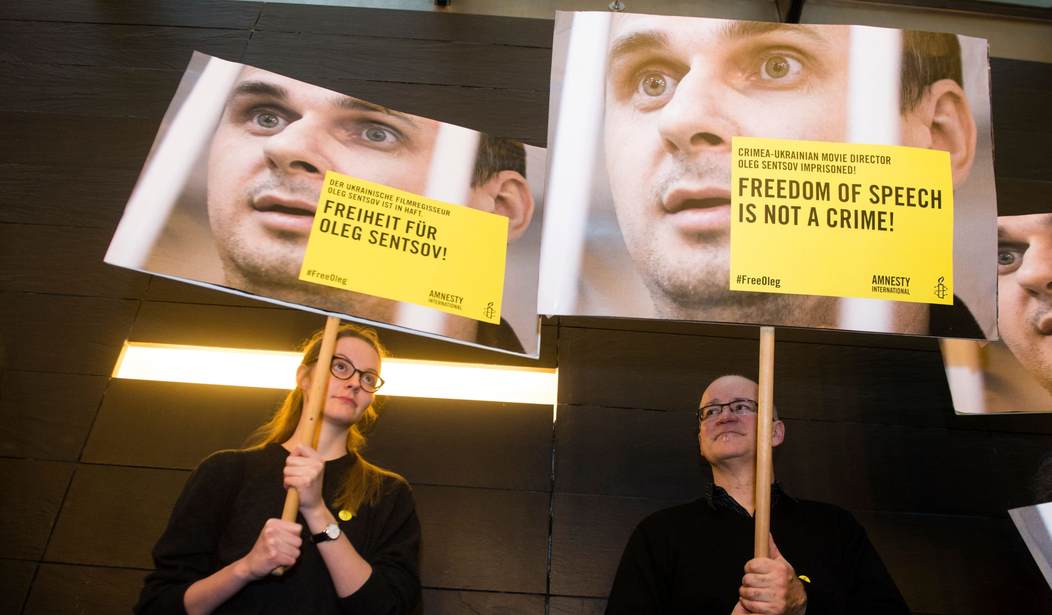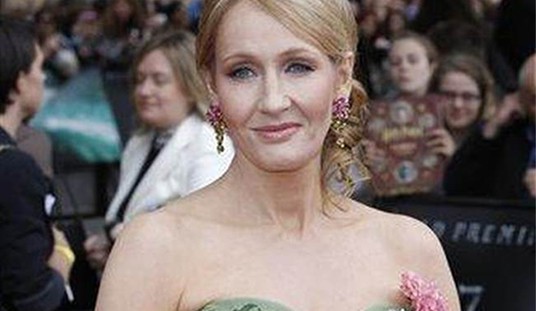WASHINGTON — A senior State Department official said today that there’s “a pattern, and a growing pattern, of abuse by the Russian government” against dissidents and religious minorities, including “a revival of cruel, Soviet-era practices” such as “abusive psychiatric confinement, closed trials, transferring of prisoners to remote and harsh prison conditions far from their families.”
On a background briefing with reporters, the official was asked whether intervention at the level of the U.S. president had been able to help any of these political prisoners.
The official responded that there was no “specific case that I can point to at this time, and that’s part of why we really want to draw an international attention to this is so that we hope that the Russian Government will do the right thing and – as it has in times past and release – end the persecutions and release some of these prisoners.”
Pressed on whether dialing back human rights abuses should be a precondition of a meeting between Russian President Vladimir Putin and President Trump, the official said the administration was “not going to engage in any hypotheticals.”
The State Department said it spoke up out of concern “about the welfare of imprisoned Crimean film director Oleh Sentsov, who has been on a hunger strike since May 14.”
Sentsov, who did not recognize Russia’s forced annexation of Crimea, was arrested in 2014 amid global outcry and sentenced to 20 years in prison. He is currently in a facility above the Arctic Circle.
“We support Mr. Sentsov’s demand to release all unjustly imprisoned Ukrainians, and we call for Russia to release not only Mr. Sentsov and the other 60-some Ukrainians that it has unjustly imprisoned, but all those that have been imprisoned for their dissent or peaceful religious practice,” the official said.
The State Department has “seen a threefold increase since 2014, and the list of those unjustly imprisoned exceeds now over 150 people,” suffering under the revival of harsh conditions. “And a particularly difficult and challenging approach that we’ve seen from the Russians is the threat to strip dissidents and members of religious minorities of their parental rights over their children. This is an old Soviet practice, and we’re seeing that being – at least the threat of that being brought back today.”
Other wrongfully imprisoned Ukrainians are also on hunger strikes: Volodymyr Balukh, Oleksandr Shumkov, and Stanislav Klykh. Human rights activist Oyub Titiyev is also facing cooked-up narcotics charges “in apparent retaliation for his very work to expose human rights violations in Chechnya.”
Additionally, the Russian government is targeting Jehovah’s Witnesses “under vague crimes of extremism” including Dennis Christensen, a Danish citizen and “the first of over a dozen Jehovah’s Witnesses who’ve been targeted for their religious beliefs — and that’s a pattern we’ve seen increasing is this use of extremism charges,” the official said, also highlighting the case of Crimean Tatar activist Ruslan Zeytullaev, who was convicted “unjustly on terrorism charges in retaliation for his opposition to Russia’s occupation of Crimea… another case where the Russian system has used and abused the legal system to punish somebody for speaking out.”
Asked whether the administration would issue a similar call for political prisoners to be released from North Korea, the State Department official replied, “I’m not going to engage in a comparison between one country or another.”
Asked about Trump reportedly saying at the recent G7 summit that “Crimea is Russian because everyone who lives there speaks Russian,” the official maintained that “our Crimea policy remains.”
“We support Ukraine’s territorial integrity within its internationally recognized borders, and our Crimea policy remains unchanged,” the official said. “Our sanctions – our Crimea-related sanctions will remain in place until Russia ends its occupation and returns Crimea to Ukraine.”









Join the conversation as a VIP Member